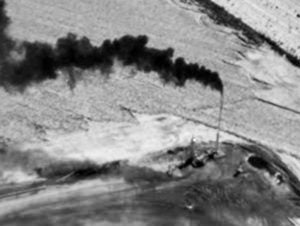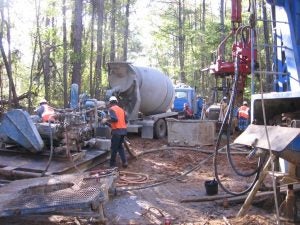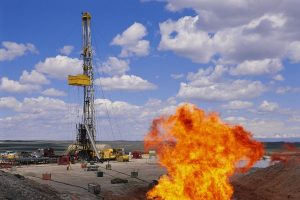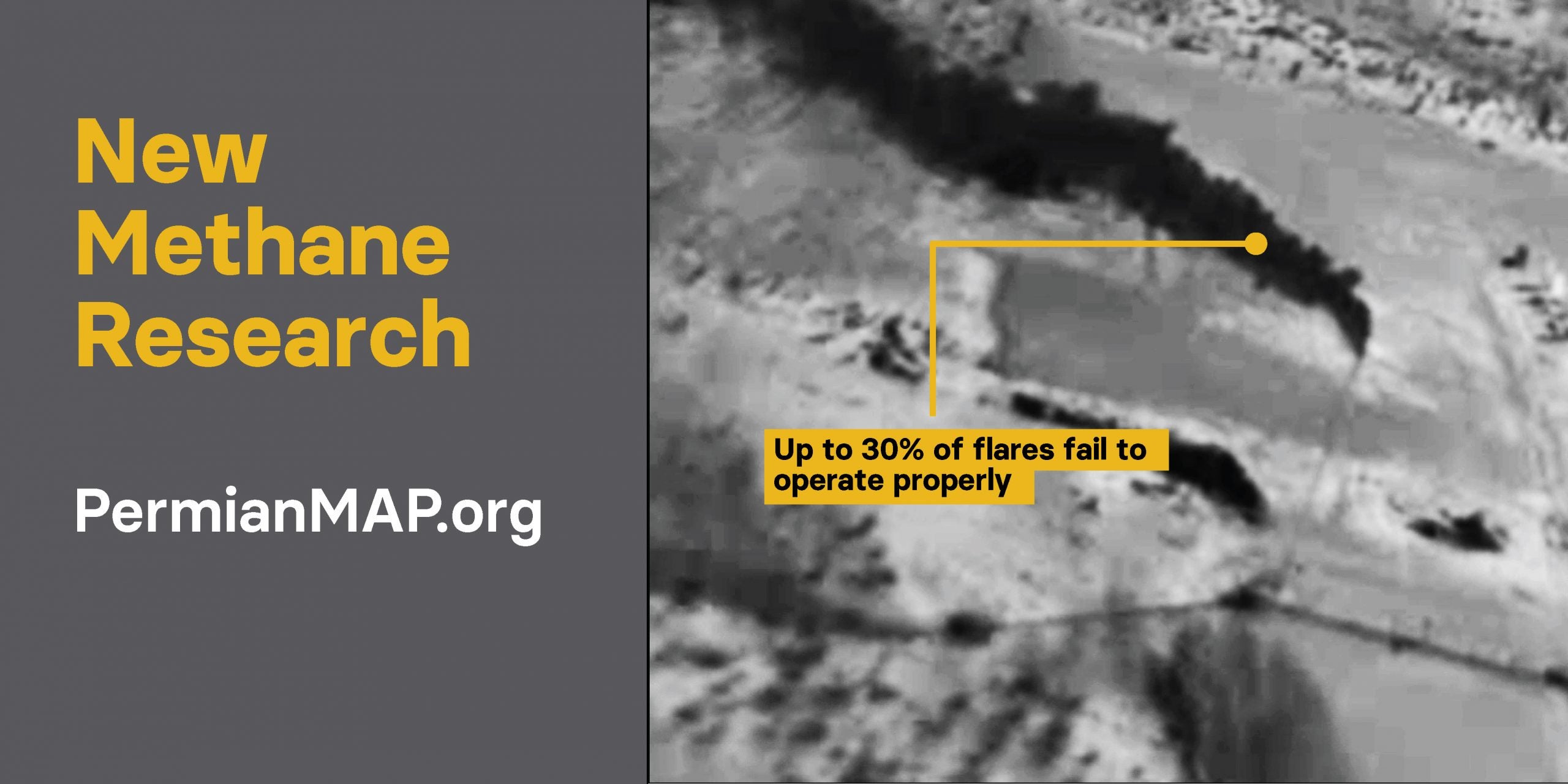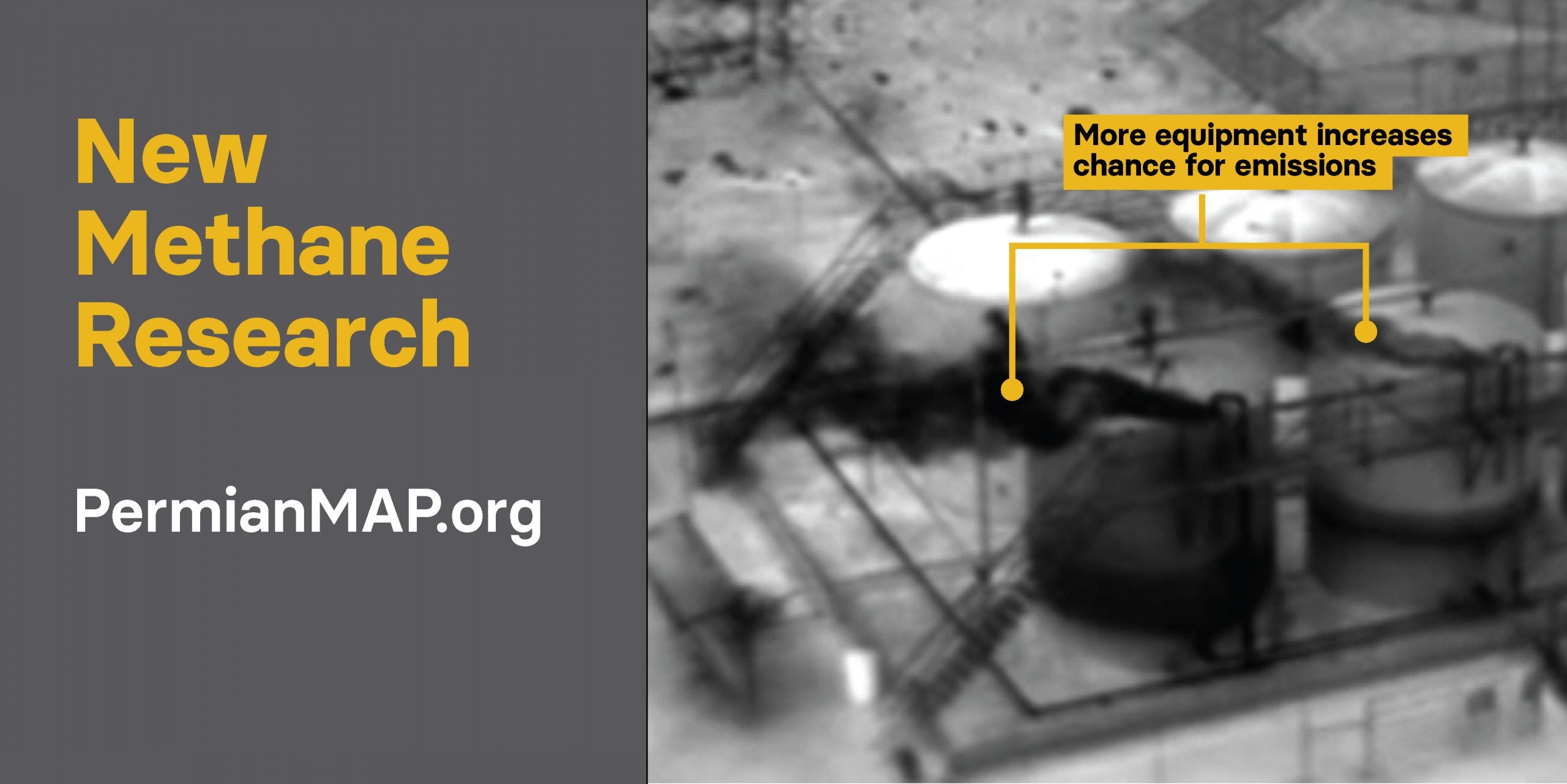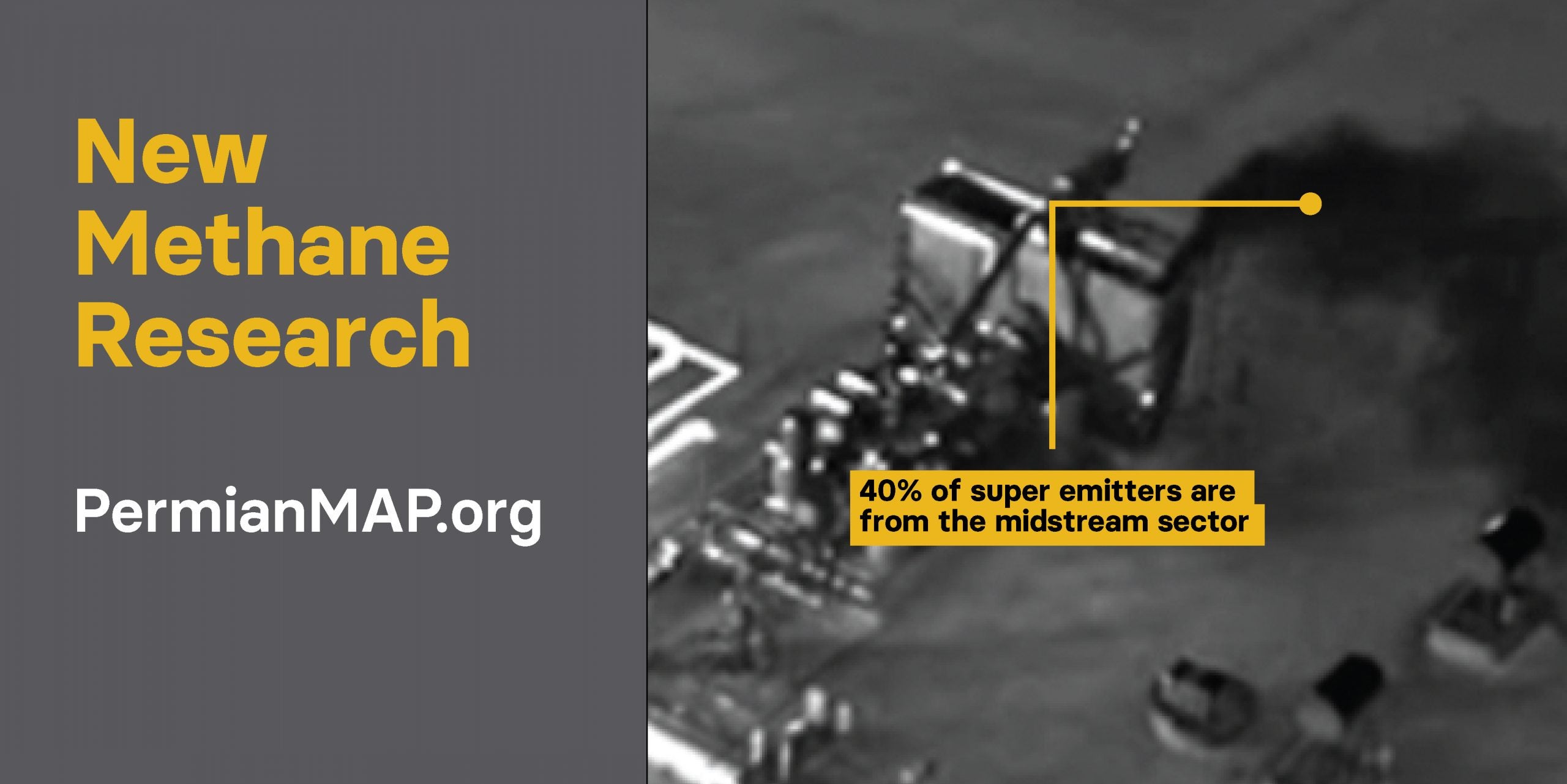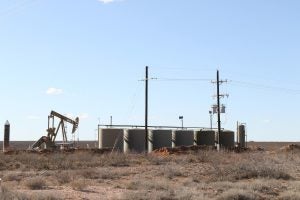 Over the past two weeks the New Mexico Environmental Improvement Board heard from a variety of New Mexicans as they considered newly proposed rules to limit oil and gas air pollution in New Mexico. What was striking over the 10 long days of testimony is just how broad and deep the support for a suite of improved rules is across the state.
Over the past two weeks the New Mexico Environmental Improvement Board heard from a variety of New Mexicans as they considered newly proposed rules to limit oil and gas air pollution in New Mexico. What was striking over the 10 long days of testimony is just how broad and deep the support for a suite of improved rules is across the state.
While the board must still deliberate and finalize the rules (expected to happen early this coming spring) it is evident after the hearing that there is a clear, well-supported path to finalizing rules that protect the air and health of New Mexicans and that meet Gov. Lujan Grisham’s goal of setting nationally leading requirements to reduce harmful pollution from the oil and gas industry.
